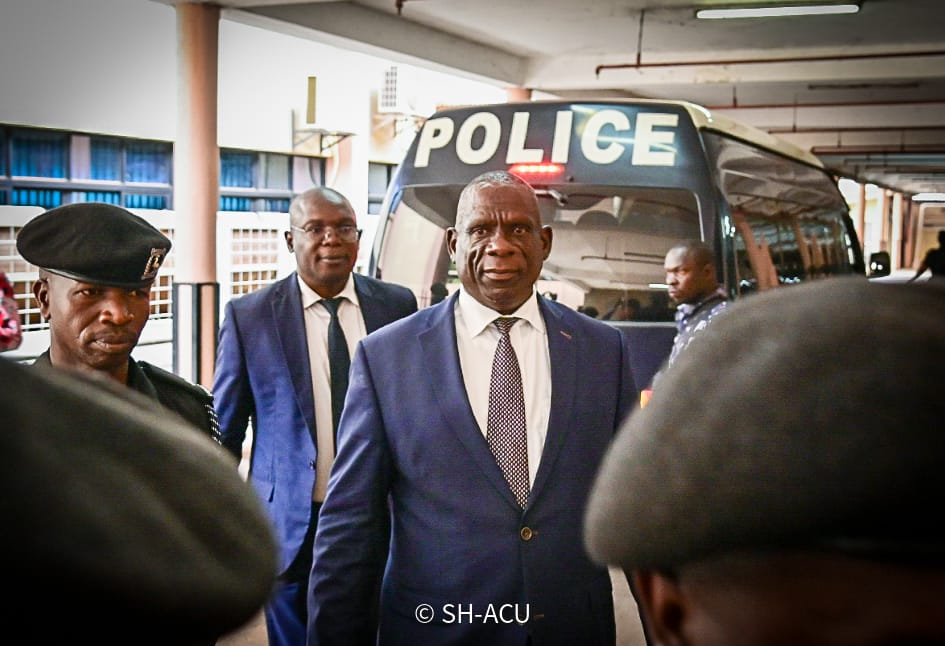President Museveni contends that eliminating corruption hinges on the judiciary’s refusal to grant bail to those charged with serious crimes, including corruption.
“We can effectively defeat corruption. The only assistance needed from the judiciary is to deny bail to individuals accused of murder, treason, terrorism, rape, defilement, corruption (embezzlement), and village thefts if the prosecution is prepared for trial,” Museveni declared during the cabinet retreat at the National Leadership Institute Kyankwanzi.
Museveni conveyed his thoughts on X, formerly Twitter: “Let the case proceed to trial or use alternative justice, but no bail and no impunity for the aforementioned offenses.” Ironically, Minister Amos Lugolobi is currently on bail over the OPM/Karamoja Ministry mabaati scandal.
He urged the judiciary to aid his administration by categorizing corruption, particularly embezzlement, as crimes not eligible for bail. “With a revolutionary and objective approach, we can easily defeat corruption,” Museveni asserted.
In his opening remarks, Museveni said, “Corruption is evidently a major issue in Uganda. The Inspectorate of Government estimates that corruption costs the country Shs9.7 trillion annually. This is unacceptable.”
This is the second instance where the President has referenced figures from the Inspectorate of Government to highlight the extent of corruption.
However, there is a sentiment that the president has weakened the IGG’s office by establishing parallel institutions to handle similar tasks.
Museveni’s detractors have criticized him on mainstream and social media after the formation of the new unit, which he claimed would help the government close revenue gaps and improve tax collection.
He also appointed David Kalemera as a senior presidential advisor and head of the unit. Kalemera’s appointment has been controversial due to his 2022 conviction for tax fraud by the Anti-Corruption court. He was dismissed from the URA in 2017.
Without directly mentioning David Kalemera, Museveni informed his ministers that due to the failure of accounting officers, he decided to intervene indirectly to combat those who embezzle government funds.
“In addition to the State House Anti-Corruption Unit, I am creating a tax investigation unit and an accountancy and audit unit. They will investigate all forms of tax evasion, under-declarations, diverted parliamentary funds, and embezzlement,” he explained.
Museveni recently accused the Parliament of Uganda of sabotage after discovering that MPs had reallocated a total of Shs3.7 trillion over the past four financial years.
By establishing parallel structures, Museveni aims to directly engage with citizens affected by government corruption—the Wanainchi.
“They possess all the information. Furthermore, we have young people, the Kampala Parents and allied Products, who have a different mindset compared to the current accounting officers, who are primarily villagers with careerist and mercenary attitudes. The Kampala Parents group is motivated more by ‘passion’ than ‘remuneration,’” Museveni remarked.
Museveni outlined two dimensions of corruption in the government: stealing public funds, accepting bribes for government services, misusing procurement procedures to defraud the state, and nepotism and selling government jobs.
The second dimension, according to Museveni, is employee disloyalty in private companies.
“Employees who steal from their employers are also enemies of the country. If employers blacklist Uganda due to rampant employee theft, the economy will stagnate,” he warned.
He reminded the police to ensure that those who steal from companies, whether private or public, are held fully accountable, including repaying the stolen money and serving prison sentences.
